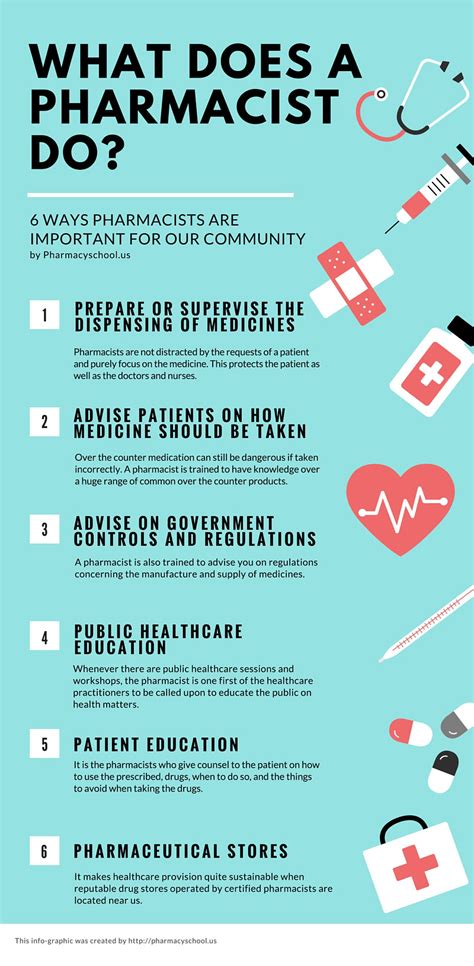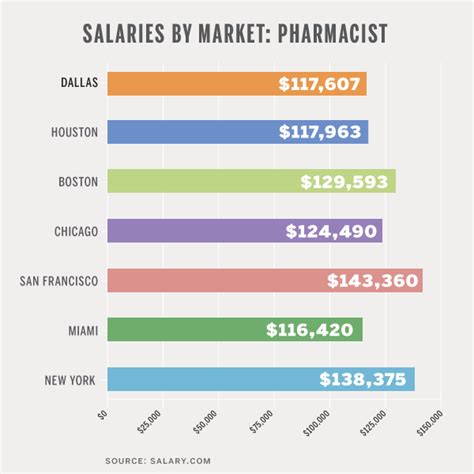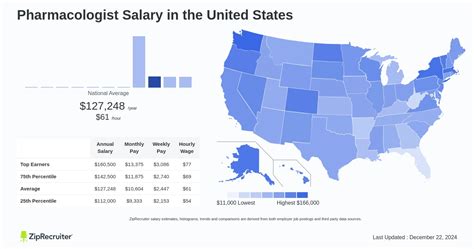A career in pharmacology places you at the forefront of medical innovation, developing the life-saving drugs of tomorrow. It's a path defined by rigorous science and profound impact. But beyond the intellectual rewards, is it a financially lucrative career? The answer is a resounding yes. For qualified professionals, a career in pharmacology offers a robust and often six-figure salary.
This article provides a comprehensive breakdown of a pharmacologist's average salary, the key factors that dictate your earning potential, and the promising outlook for this critical profession.
What Does a Pharmacologist Do?

Before we dive into the numbers, let's clarify the role. Unlike pharmacists, who dispense medications to patients, pharmacologists are the research scientists who study how drugs and chemical compounds affect biological systems. Their work is fundamental to the entire drug discovery and development process.
Key responsibilities include:
- Designing and conducting experiments to test drug effects.
- Analyzing data to determine a drug's safety and efficacy.
- Investigating how drugs are absorbed, distributed, metabolized, and excreted by the body.
- Publishing research findings and contributing to the development of new therapies for diseases like cancer, diabetes, and heart disease.
In short, they are the experts behind the scenes, ensuring the medicines we rely on are both effective and safe.
Average Pharmacologist Salary

When analyzing salary data for pharmacologists, it's important to look at multiple sources to get a complete picture. The U.S. Bureau of Labor Statistics (BLS) groups pharmacologists under the broader category of "Medical Scientists," which provides a strong baseline.
- The U.S. Bureau of Labor Statistics (BLS) reports that the median annual wage for Medical Scientists was $99,930 as of May 2022. The lowest 10 percent earned less than $58,320, while the top 10 percent earned more than $167,590.
However, salary aggregators that survey the specific "Pharmacologist" title often report higher median figures, reflecting the role's specialization.
- Salary.com places the median pharmacologist salary in the United States at $135,502 as of November 2023, with a typical range falling between $117,143 and $155,750.
- Payscale reports a similar average base salary of $115,286, with a range that stretches from approximately $70,000 for entry-level positions to over $140,000 for experienced professionals.
- Glassdoor lists an average total pay of $138,458 per year in the United States, combining an average base salary of $118,590 with additional pay like bonuses and profit-sharing.
Takeaway: A realistic salary expectation for a pharmacologist spans from $70,000 to over $155,000. A six-figure income is the norm for professionals with the right qualifications and experience.
Key Factors That Influence Salary

Your specific salary as a pharmacologist isn't a single number; it's a range influenced by several critical factors. Understanding these variables is key to maximizing your earning potential.
### Level of Education
Education is arguably the most significant determinant of salary in this field. A doctoral degree is the industry standard for independent research and senior-level positions.
- Bachelor's Degree: A B.S. in biology, chemistry, or a related field may qualify you for entry-level lab technician or research assistant roles, but not for a full pharmacologist position.
- Master's Degree: A master's degree can open doors to more advanced research associate roles and can be a stepping stone to a doctorate, but it will still have a lower salary ceiling than a Ph.D.
- Doctoral Degree (Ph.D., M.D.): The vast majority of high-earning pharmacologists hold a doctoral degree. The BLS confirms that a Ph.D., M.D., or a similar doctoral or professional degree is the typical entry-level education for medical scientists. This qualification unlocks access to senior scientist positions, leadership roles, and the highest salary brackets.
### Years of Experience
As with any profession, experience pays. Your salary will grow significantly as you move from your initial post-doctoral fellowship to a senior leadership role.
- Entry-Level (0-4 years): This stage often includes post-doctoral research or an initial "Pharmacologist I" or "Associate Scientist" title. Salaries typically range from $70,000 to $95,000.
- Mid-Career (5-9 years): With solid experience, you can advance to "Scientist II" or "Senior Scientist" roles. In this phase, salaries often climb to $110,000 - $140,000.
- Senior/Experienced (10+ years): Senior, principal, or lead scientists with over a decade of experience and a track record of success can command salaries well over $150,000, with director-level positions reaching even higher.
### Geographic Location
Where you work matters. Salaries are often higher in major pharmaceutical and biotechnology hubs to compensate for a higher cost of living and intense competition for talent. Top-paying states and metropolitan areas include:
- California: Particularly the San Francisco Bay Area and San Diego.
- Massachusetts: Centered around the Boston-Cambridge biotech cluster.
- New Jersey: A long-established hub for major pharmaceutical companies.
- North Carolina: Specifically the Research Triangle Park area.
- Maryland: Close to federal institutions like the NIH and FDA.
Working in one of these hubs can increase your salary by 20-30% or more compared to the national average.
### Company Type
The type of organization you work for has a direct impact on your paycheck.
- Private Industry (Pharmaceutical & Biotech): This sector is the highest paying. Private companies, from large pharmaceutical giants (Big Pharma) to agile biotech startups, offer lucrative salaries and bonuses to attract and retain the best scientific minds to drive profitable drug discovery.
- Government: Federal agencies like the Food and Drug Administration (FDA) and the National Institutes of Health (NIH) employ many pharmacologists. While government salaries are competitive and come with excellent benefits, they typically have a lower ceiling than top-tier private industry roles.
- Academia: Pharmacologists working at universities and research institutes often earn less than their industry counterparts. However, these roles may offer other benefits like intellectual freedom, the ability to pursue personal research interests, and the potential for tenure.
### Area of Specialization
Within pharmacology, some specializations are in higher demand due to research funding and industry focus. Specializing in a high-growth area can lead to a higher salary.
- Clinical Pharmacology: Focuses on the effects of drugs in humans and is crucial for clinical trials.
- Toxicology: Studies the adverse effects of chemicals and drugs, a critical safety component.
- Neuropharmacology: Researches drugs affecting the brain and nervous system, a key area for diseases like Alzheimer's and depression.
- Oncology/Immunology: Developing drugs to fight cancer and manipulate the immune system is a highly funded and rapidly growing field, often commanding premium salaries.
Job Outlook

The future for pharmacologists is bright. The BLS projects that employment for medical scientists will grow by 10% from 2022 to 2032, which is much faster than the average for all occupations.
This strong growth is driven by:
- An aging population requiring new treatments for chronic and age-related diseases.
- Continued advancements in biotechnology and a deeper understanding of genetics.
- Ongoing research efforts to find cures and better therapies for diseases like cancer, diabetes, and Alzheimer's.
This sustained demand for new and better drugs ensures that skilled pharmacologists will remain essential and highly sought-after professionals.
Conclusion

A career in pharmacology is a marathon, not a sprint. It requires a significant investment in education, with a doctoral degree being the standard for achieving top-tier earning potential. However, that investment pays substantial dividends.
For those with a deep curiosity for science and a passion for improving human health, pharmacology offers a stable and rewarding career path. With a strong job outlook and a clear potential to earn well over six figures, it is a profession that is as financially sound as it is intellectually stimulating. By strategically focusing on your education, gaining experience in a high-demand specialty, and positioning yourself in a major biotech hub, you can build a truly successful and impactful career.
